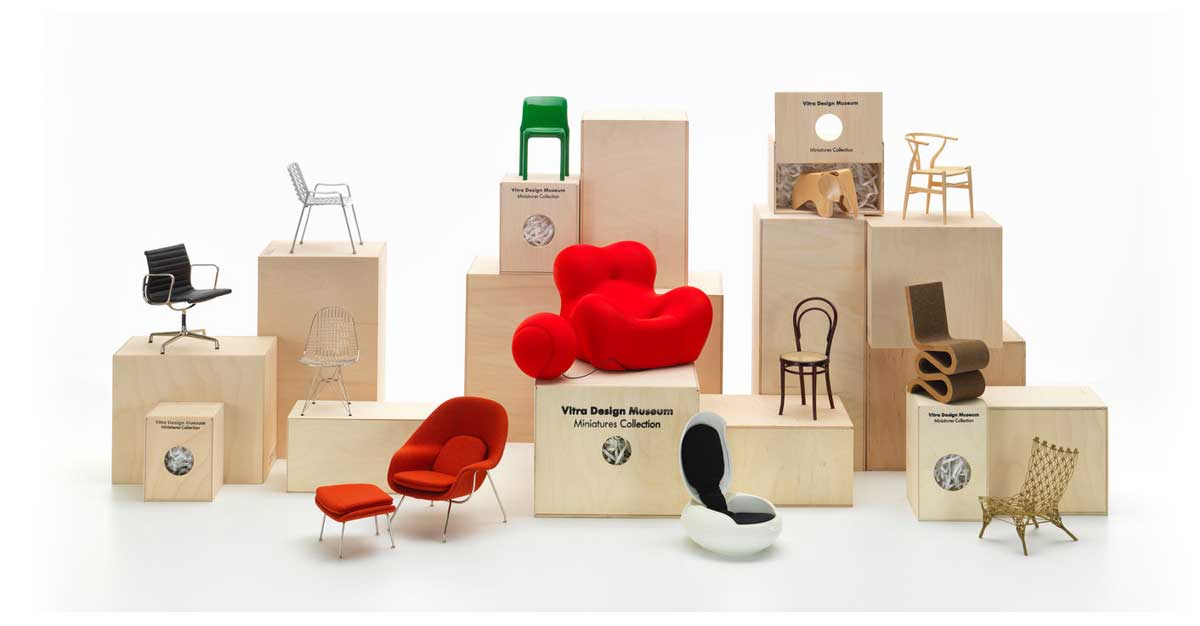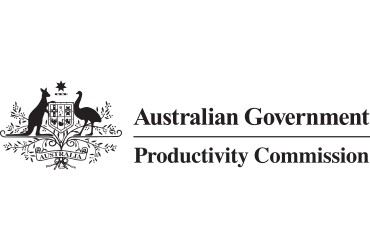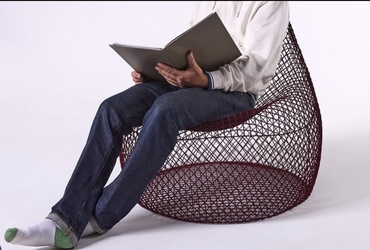In 2016 Britain announced radical changes to UK intellectual property (IP) laws following extensive lobbying by a group of leading European brands.
Among many new initiatives, the replica furniture industry was outlawed in Britain, and retailers of unlicensed copied designer products had 6-months to quit stock and close up shop.
But now, as the UK exits the EU – will these significant changes for IP protection in the design sector survive Brexit?
WHAT HAPPENED IN 2016
The February 2016 announcement surprised many as the proposed changes were four years ahead of an intended 2020 introduction, sparking consumer outrage at the inability to buy cheap furnishings and copies of famous iconic designs.
Bowing to pressure from a consortium of brands headed by Vitra, Flos, and Artek, the UK government deemed that the damage to their furniture industry was crippling future growth, the new laws included fines of up to 50,000 GBP and the introduction of jail terms.
Aligning with the EU, copyright was extended to cover the lifetime of the designer plus an additional 70 years after their death (‘life plus 70’). The ruling was backdated, meaning many iconic designs that had been savaged by the replica market were now protected by the new laws!

What does Brexit mean for the recent IP upgrades?
On January 30, 2020, the UK IP Office made a formal announcement that effectively deleted all initial progress. After a transition period, 1.4 million EU trade marks and 700,000 EU designs will have to apply to register their IP in Britain in order to be protected under the UK IP laws!
Read the full UK IPO statement here
and that reciprocal protection between the UK and the EU of designed-products will cease after January 1, 2021.
In short – the great leaps forward have been shelved as the British furnishing sector reverts, again, to an IP environment inhibits future growth for the UK design sector. A decision that no longer alines with key trading European trading partners.
“Designs are a form of intellectual property. They protect the appearance of the whole or part of a product resulting from the features of, in particular, its lines, contours, colour, shape, texture, materials and ornamentation”




